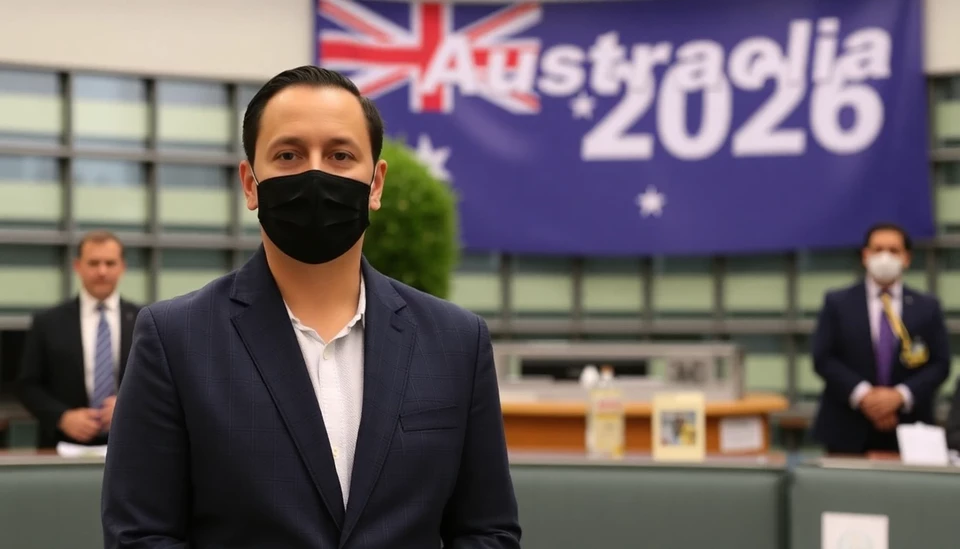
In a surprising turn of events, domestic airfares in Australia have seen a dramatic increase in the months following the collapse of Regional Express (Rex), the country's largest regional airline. This surge in ticket prices has sent ripples through the travel industry, affecting both leisure and business travelers as the aviation market grapples with reduced capacity and limited competition.
Following Rex's financial collapse earlier this year, the airlines still operating in the domestic sector, most notably Qantas and Virgin Australia, have been quick to raise their fares significantly. Industry experts attribute this surge to a combination of increased demand and the downsizing of available flights, leading to a supply-demand mismatch that has pushed ticket prices to their highest levels in recent years.
The tightening of the market can be traced back to several key factors that have exacerbated the situation. Rex's departure from the market not only eliminated a competitor that offered lower fares on regional routes but also resulted in a reduction of available seats on domestic flights, placing a strain on remaining carriers. With the traditional competition between several airlines now diminished, customers have little choice but to absorb the higher costs for their travel.
Recent data indicates that average domestic airfares surged by more than 25% in the months following Rex's exit from the industry. This marks a notable shift from previous years when competition kept prices relatively stable and affordable for travelers. The industry, long characterized by fierce price wars and promotional deals, is now grappling with a new reality that is unfriendly to budget-conscious consumers.
Travel experts warn that the current fare increases could lead to longer-term changes in consumer behavior. As airfares rise, many Australians may be forced to alter their travel plans, either opting for more affordable local vacation alternatives or considering different modes of transportation altogether, such as trains or road trips. This clamping down on air travel could also have implications for the broader tourism industry, with potential knock-on effects for businesses that rely heavily on domestic travelers.
Amid the turmoil, Qantas has attempted to reassure its customer base by announcing a slate of new routes aimed at restoring some level of pre-Rex availability in key regional areas. The airline states that they are committed to providing a variety of options for travelers facing higher costs. However, many remain skeptical whether these measures will be sufficient to quell public discontent over skyrocketing ticket prices.
As the dust settles from Rex's collapse, many stakeholders in the aviation sector anxiously await a potential rebound in the domestic airline market. Analysts suggest that only time will tell if renewed competition can emerge and if prices will stabilize, allowing consumers to regain access to affordable air travel across Australia.
In conclusion, the fallout from the collapse of Regional Express has dramatically reshaped the landscape of Australian domestic travel. While airlines attempt to adjust to the new dynamics and offer reasonable alternatives, the higher cost of air travel is posing challenges for both the industry and consumers alike.
As the situation continues to develop, travelers and industry observers alike will be monitoring any changes that might signal a return to competitive pricing in the domestic flight sector.
#Australia #domesticflights #airfare #aviationnews #travelindustry #RexCollapse
Author: Samuel Brooks




